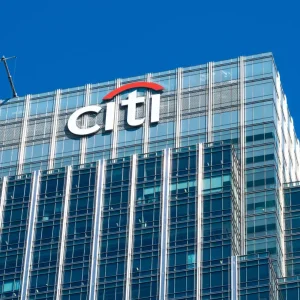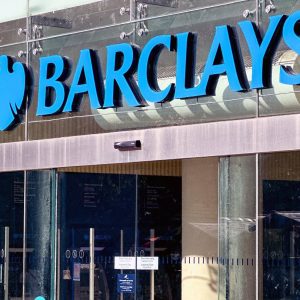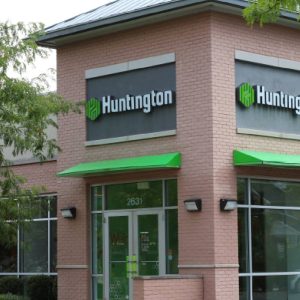Leveling charges against ING, the US Department of Justice said, "ING Bank’s apparent violations, which totalled more than $1.6 billion routed through the United States despite US sanctions, arose out of policies at multiple offices of ING Bank’s Wholesale Banking Division."
The federal agency charged the lender for violation of the International Emergency Economic Powers Act (IEEPA) and the Trading with the Enemy Act (TWEA) and as well as New York state laws by illegally paying billions of dollars through the US financial system on behalf of sanctioned Cuban and Iranian entities.
ING Bank accepted responsibility for its criminal conduct and that of its employees and agreed to settle the case.
As per the probe conducted by the agencies, from early 1990s and until 2007, ING Bank violated US and New York state laws by moving more than $2bn illegally through the US financial system while it made over 20,000 transactions on behalf of Cuban and Iranian enterprise, which were under US economic sanctions.
US National Security Assistant Attorney General Monaco said, the fine imposed on ING is the largest ever against a bank in connection with an investigation into US sanctions violations and related offenses and underscores the national security implications of ING Bank’s criminal conduct.
"For more than a decade, ING Bank helped provide state sponsors of terror and other sanctioned entities with access to the U.S. financial system, allowing them to move billions of dollars through U.S. banks for illicit purchases and other activities," Monaco added.
Manhattan District Attorney Cyrus Vance said, "These cases give teeth to sanctions enforcement, send a strong message about the need for transparency in international banking and ultimately contribute to the fight against money laundering and terror financing."
Half of the $619m from ING will be distributed to New York city and state, and the other half will be paid to the US.
FBI’s Washington Field Office and the IRS-Criminal Investigation’s Washington Field Division probed into the case, with assistance from the Treasury Department’s OFAC and the Commerce Department’s Bureau of Industry and Security.






